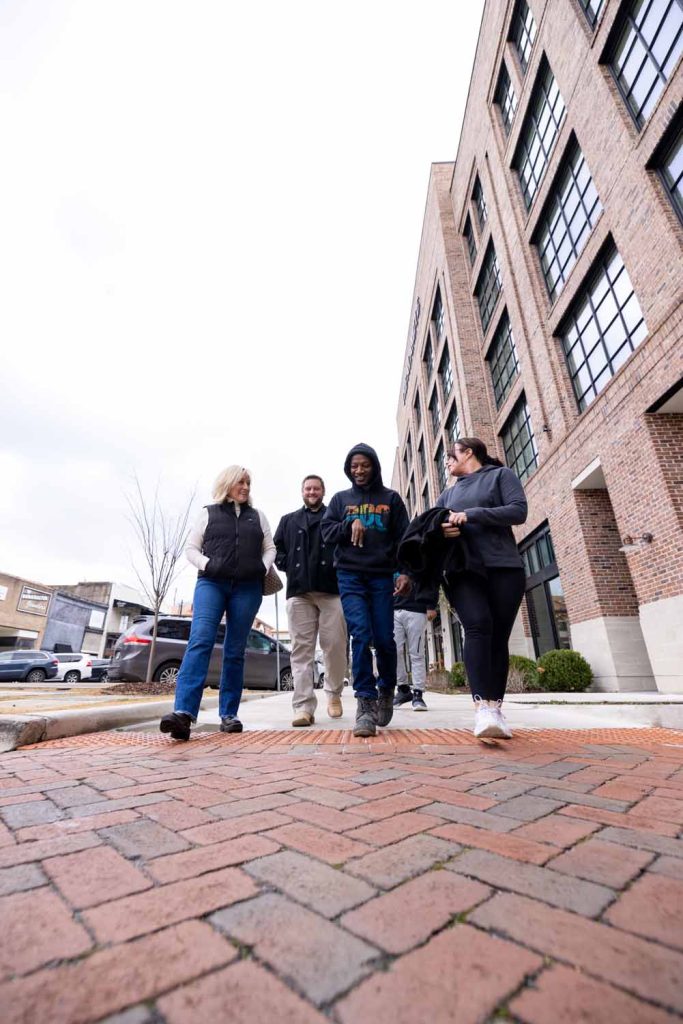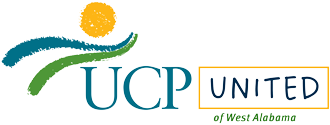Transition Services
Transition Services
IDEA defines Transition Services as a coordinated set of activities for a person with a disability that —
-
Is designed to be within a results-oriented process that is focused on improving the academic and functional achievement of the child with a disability to facilitate the child’s movement from school to post-school activities, including postsecondary education, vocational education, integrated employment (including supported employment), continuing and adult education, adult services, independent living, or community participation.
-
Is based on the individual child’s needs, taking into account the child’s strengths, preferences, and interests.
-
Includes instruction, related services, community experiences, the development of employment and other post-school, adult living objectives, and, when appropriate, acquisition of daily living skills and functional vocational evaluation.
-
Includes appropriate measurable postsecondary goals based upon age-appropriate transition assessments related to training, education, employment, and, where appropriate, independent living skills.
-
Includes transition services (including courses of study) needed to assist the child in reaching those goals.
-
Begins no later than the first IEP to be in effect when the child is 16 and updated annually thereafter.
Transition Programs offered
-
Work Place Readiness
-
Community Work Experience
-
Driver’s Permit Training
-
Job Experience Training (Paid internship for high school students)



